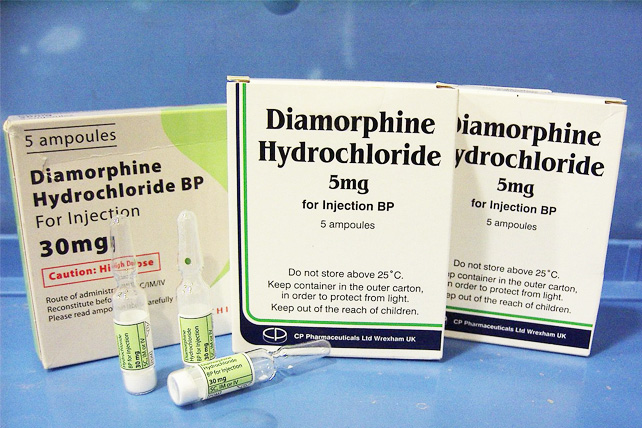Despite New Zealand PM Jacinda Ardern’s support for progressive drug law reform, opposition parties are pushing for harsher sentencing for offences involving novel psychoactive substances (NPS).
NPS are synthetic substances that often aim to mimic the effects of more common illegal drugs. Synthetic cannabinoid drugs alone have contributed to over 40 deaths in New Zealand in the past year, according to the Coroner’s Office.
Following New Zealand’s 2017 general election, there has been a change of both tone and approaches in regards to drug use in the country. This reached international headlines in September of this year when PM Ardern refused to sign a UN drug policy document put forward by US President Donald Trump. The document called on all countries to develop their own national strategies to “cut off the supply of illicit drugs by stopping their production” and to prevent the “abuse” of illegal drugs. Ardern rejected the proposal, explicitly stating that “[her government] is taking a health approach” instead.
Nevertheless, on October 17, Simeon Brown of the National Party – the official opposition– was successful in passing the second reading of his bill: the Psychoactive Substances Amendment Bill. This proposed legislation seeks to increase the maximum prison sentence for those caught supplying NPS from two to eight years.
A spokesperson for NZ First, a nationalist party which has lent support to Brown’s bill, has said they would only maintain support if the National Party agreed to increase the maximum sentence even further – to 14 years, rather than eight.
The move has attracted opposition, including from the Green Party, who provide confidence and supply to Ardern’s Labour Party.
In a recent piece for the Spin Off, Green MP Chloë Swarbrick directly attacked Brown’s bill:
“Harsher penalties will not reduce drug demand – and therefore, supply – because they don’t target the drivers of drug use. If we’re genuinely set on saving people’s lives, we’ll be housing the homeless, reducing inequality, investing in mental health, drug abuse and addiction services, and taking substances out of the hands of profit-driven organisations – gangs and corporations alike”.
Ross Bell, head of the New Zealand Drug Foundation (NZDF), also decried the approach: "No other country is seeing the number of deaths, in absolute terms, that New Zealand is seeing. Which is why it is disappointing that the government is looking at old-school approaches, putting tougher penalties in place". The NZDF recently recommended a host of alternative responses to NPS-related harms, including improved treatment, harm reduction services, and the decriminalisation of possession.
The bill has now been referred to the Committee of the Whole House. If it then passes its third reading, it will receive Royal Assent and be signed into law.


